Dis-continuities: Opera and its Historiography between the Weimar Republic and Early Post-War West Germany
18-21 May 2023, Bonn
International Symposium
(Foyer of the Bonn Opera House)
Call for papers
Deadline: 15 April 2022
Concept and organisation: Tobias Janz (Universität Bonn) and Benedetta Zucconi (Universität Bonn) in cooperation with Bonn Opera
Major turning points in political history define our understanding of music history in the first half of the 20th century. With good reason, the years 1933 and 1945 (as well as 1918 and 1914) have often been used to mark periods in music history. The history of opera is no exception; the music theatre of the Weimar Republic and the situation of opera under National Socialism are as clearly contoured as they are intensively researched in musicology. Moreover, a further topos in music history, also borrowed from political history, is represented by the typical narrative of the avant-gardes after 1945, which interpreted the concept of “zero hour” as also the end of opera.
Inasmuch as the term caesura (Zäsur) stresses discontinuity in history, historical continuities, otherwise evident from different historiographical perspectives, tend to fade into the background. For example, as drastic as Nazi cultural policy measures were in the field of opera after 1933, they by no means meant a complete break with the musical culture of the Weimar Republic. If we consider aspects of social structure and media change, continuities may even have been greater than those between the Weimar period and the time before the First World War. The turning point of 1933 might also refer to different things: it acquires different historiographical meanings and relevance depending on whether we consider the reception of Meyerbeer, the history of operetta, the operatic work of Richard Strauss, the Verdi or Händel Renaissance in the early 20th century or the fortune of the Zeitoper. Similarly, we acquire different information for the caesura of 1945: its symbolic value for a history of composition oriented towards artistic progress is contrasted, for instance, with the ambivalence characterising Richard Wagner's reception after the end of Nazism, also oscillating between continuity and discontinuity. Furthermore, musical languages emerging after WWII tended to legitimise themselves by idealising their continuity with the avant-gardes from the Weimar Republic or even from before WWI, therefore transcending the caesuras of National Socialism and WWII. The focus on allegedly ideology-free problems of compositional material and technique relegated the ideology-prone genre of opera to the background.
The symposium aims to discuss such tensions, arising from a confrontation between discontinuities in operatic history and their contrasting continuities. The time frame under investigation is deliberately chosen to encompass several historical caesurae and periodisation possibilities. Papers can consider both aspects (discontinuity and continuity) within the time span between the Weimar Republic and the early post-war West Germany. Rather than to relativise or deconstruct established epoch boundaries in operatic history, the aim of the conference is to emphasise the complexity and non-linearity of historical contexts, based on a reflection on continuities and discontinuities in the history of the genre. The example of a limited section of German opera history may then serve, as a whole, as a model for dealing with the complex history of music in the 20th century.
Organised in cooperation between the University of Bonn and the Bonn Opera House, the symposium represents the scientific contribution to the project FOKUS ’33 – Forschungsreise zu den Ursachen von Verschwinden und Verbleiben, funded by the Ministry of Culture and Sciences of the State of North Rhine-Westphalia and the NRW KULTURsekretariat. The project includes the following new productions in the 2021/22 and 2022/23 operatic seasons:
- Richard Strauss, Arabella
- Rolf Liebermann, Leonore 40/45
- Giacomo Meyerbeer, Ein Feldlager in Schlesien
- Clemens von Franckenstein, Li-Tai-Pe
- Kurt Weill, Aufstieg und Fall der Stadt Mahagonny
- Franz Schreker, Der singende Teufel (Premiere on 21.05.2023. Attendance of the dress rehearsal during the conference)
- Alberto Franchetti, Asrael
- Arnold Schönberg, Moses und Aron
Contributions on specific aspects of these works or the work of their composers are welcome, as are contributions on the research question of the symposium.
Congress languages will be German and English. A publication of the contributions is planned for 2025.
We look forward to receiving your abstract (500 words) by 15 April 2022 to the address: bzucconi@uni-bonn.de
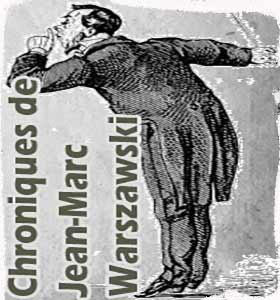
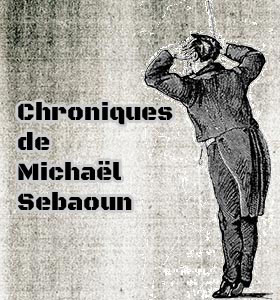
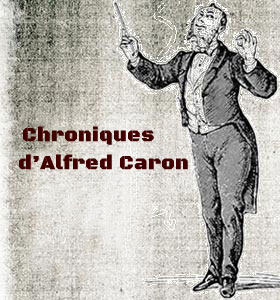
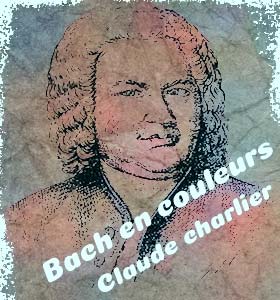
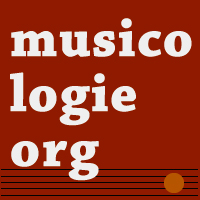 À propos - contact |
S'abonner au bulletin
| Biographies de musiciens | Encyclopédie musicale | Articles et études | La petite bibliothèque | Analyses musicales | Nouveaux livres | Nouveaux disques | Agenda | Petites annonces | Téléchargements | Presse internationale | Colloques & conférences | Collaborations éditoriales | Soutenir musicologie.org.
À propos - contact |
S'abonner au bulletin
| Biographies de musiciens | Encyclopédie musicale | Articles et études | La petite bibliothèque | Analyses musicales | Nouveaux livres | Nouveaux disques | Agenda | Petites annonces | Téléchargements | Presse internationale | Colloques & conférences | Collaborations éditoriales | Soutenir musicologie.org.
Musicologie.org, 56 rue de la Fédération, 93100 Montreuil. ☎ 06 06 61 73 41.
ISSN 2269-9910.

Mardi 4 Mars, 2025

